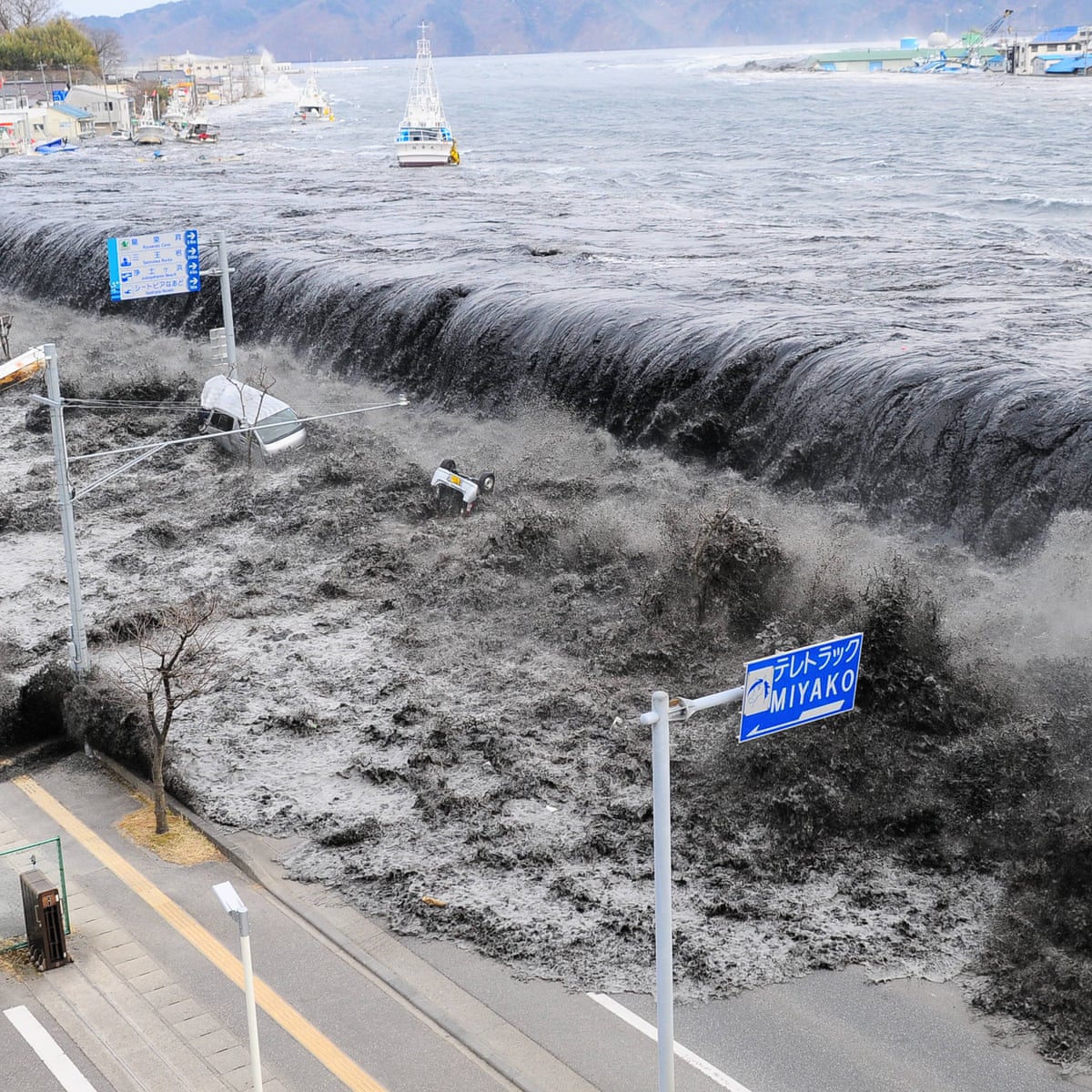Hurricanes and earthquakes are two natural disasters that can cause devastating destruction and loss of life. One of the biggest differences between the two is how they form, with hurricanes originating over warm ocean waters and earthquakes caused by tectonic plate movement beneath the Earth’s surface. Hurricanes can last for days or even weeks, while earthquakes can cause catastrophic damage in just seconds. The best way to prepare and respond to each disaster also differs. Being informed, having a plan in place, and acting quickly can help minimize the damage caused by these powerful forces of nature.
The Battle of the Elements: Hurricane vs. Earthquake
When it comes to natural disasters, there are few that are as devastating as hurricanes and earthquakes. Both can cause massive destruction to property and take countless lives in their wake. But what makes hurricanes and earthquakes different from one another? In this article, we will delve deeper into the key differences between these two powerful forces of nature.
How They Form
One of the biggest differences between hurricanes and earthquakes is how they form. A hurricane is a swirling mass of tropical storm clouds that originate over warm ocean waters. As the warm air rises, it cools and condenses, leading to the formation of thunderstorms that combine to create a hurricane.
An earthquake, on the other hand, is caused by the movement of tectonic plates beneath the Earth’s surface. When two plates grind against each other, they create intense pressure that builds up until the plates finally shift, releasing energy in the form of seismic waves. This movement is what causes earthquakes.
Intensity and Duration
Beyond how they form, there are also differences in the intensity and duration of hurricanes and earthquakes. Hurricanes can last for days or even weeks, with winds reaching speeds of over 74 miles per hour. The most severe hurricanes can cause extensive flooding and can destroy homes, roads, and bridges. The destruction can last for weeks or even months until the area is rebuilt.
Earthquakes, on the other hand, can last for just seconds but can cause catastrophic damage. The most severe earthquakes can create tsunamis, landslides, and can even trigger volcanic eruptions. The destruction from an earthquake can be felt for years as people struggle to rebuild their communities.
Preparation and Response
Because hurricanes and earthquakes require different preparation and responses, communities must be aware of the differences to know how to prepare and respond properly in the event of a natural disaster. For hurricanes, preparation involves securing your property, evacuating to safer areas, and stocking up on food and supplies. Responding to a hurricane requires clearing debris, repairing infrastructure, and providing aid to those in need.
For earthquakes, preparation involves securing furniture and other household items, having an emergency kit ready, and having a plan for your family to follow. Responding to earthquakes requires search and rescue efforts, medical care, and the rebuilding of damaged buildings and infrastructure.
The Verdict
In the end, while hurricanes and earthquakes are both natural disasters capable of causing immense damage, they differ in many ways. From how they form to their intensity and duration, and the type of preparation and response they require.
Ultimately, the best way to prepare for these powerful forces of nature is to stay informed about potential natural disasters in your area, have a plan in place, and be ready to act quickly when disaster strikes. By being prepared, you can help minimize the damage caused by hurricanes and earthquakes and keep your community safe.
